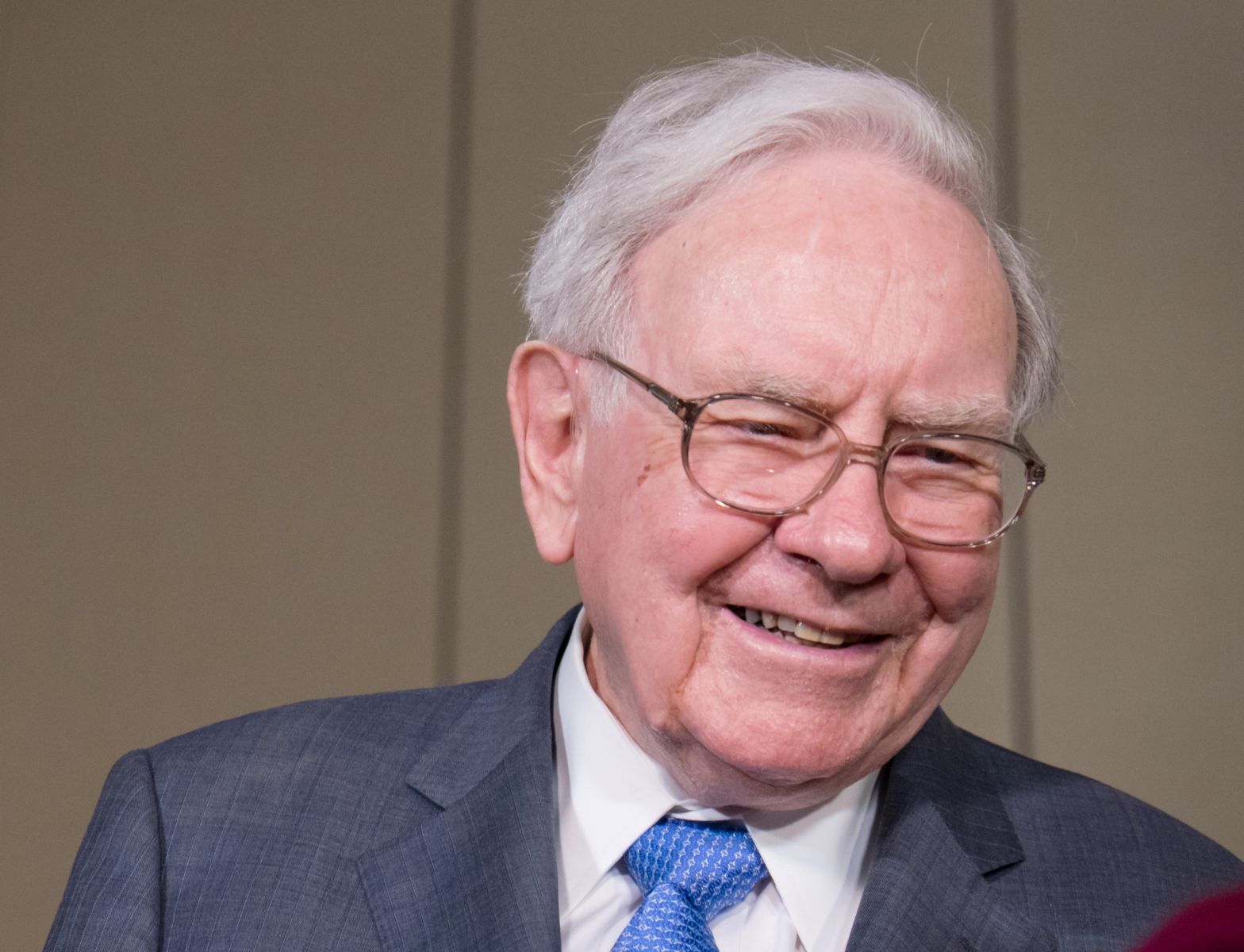
When Warren Buffett famously said, “Rule Number 1: Never lose money. Rule Number 2: Never forget rule No. 1,” he wasn’t offering a cute soundbite — he was revealing the cornerstone of his investing philosophy. In a world increasingly dominated by speculative trends and short-term thinking, this mantra has become more relevant than ever.
In 2025, with markets facing heightened volatility due to inflationary pressures, interest rate uncertainty, and geopolitical tensions, Buffett’s laser focus on capital preservation has once again proven its value. While many investors have been whipsawed by sharp sector rotations and the collapse of pandemic-era darlings, Berkshire Hathaway (BRK.A)(BRK.B) has quietly outperformed — thanks in large part to Buffett’s refusal to chase momentum or overpay for growth.
His core approach is simple but profoundly effective: Invest only in businesses with durable competitive advantages, strong earnings histories, and competent, trustworthy management. And crucially, buy them at a fair — or preferably discounted — price. This value-driven discipline is where Buffett’s “never lose money” doctrine comes to life. It’s less about avoiding every paper loss and more about steering clear of permanent capital impairment.
This philosophy couldn’t be more clear in Berkshire Hathaway’s portfolio today. While others are chasing the latest AI trends, Berkshire is accumulating “boring businesses” like Charter Communications (CHTR), Pool Corp (POOL) and Chubb (CB).
Of course, even Buffett isn’t immune to market turbulence. During the 2008 financial crisis and, more recently, the early stages of the COVID-19 pandemic, Berkshire Hathaway experienced significant declines. Yet his strategy has always focused on long-term resilience over short-term perfection. The principle remains clear: Lose less when others are panicking, and position yourself to gain when clarity returns.
Interestingly, Buffett’s moves in recent quarters have stirred debate. His increasing investment in Occidental Petroleum, despite the stock trading at multi-year lows, has some wondering if he’s bending his own rule. But Buffett’s history suggests otherwise — he sees long-term value where others see risk, and he's often vindicated by time.
Read Next:
- Uncover the Startup Behind a New Wave of Influence-First Marketing—and Why Billion-Dollar Brands Already Invested Millions
For today’s investor, especially amid the noise of economic uncertainty, Buffett's rule isn’t just a slogan — it's a filter. If an investment doesn’t pass the “never lose money” threshold — meaning it’s speculative, overpriced, or poorly understood — it probably doesn’t belong in the portfolio.
In the end, it’s not about avoiding all losses. It’s about making decisions so carefully that when the dust settles — whether a month or a decade from now — you’re still standing and still compounding.
On the date of publication, Caleb Naysmith did not have (either directly or indirectly) positions in any of the securities mentioned in this article. All information and data in this article is solely for informational purposes. For more information please view the Barchart Disclosure Policy here.






